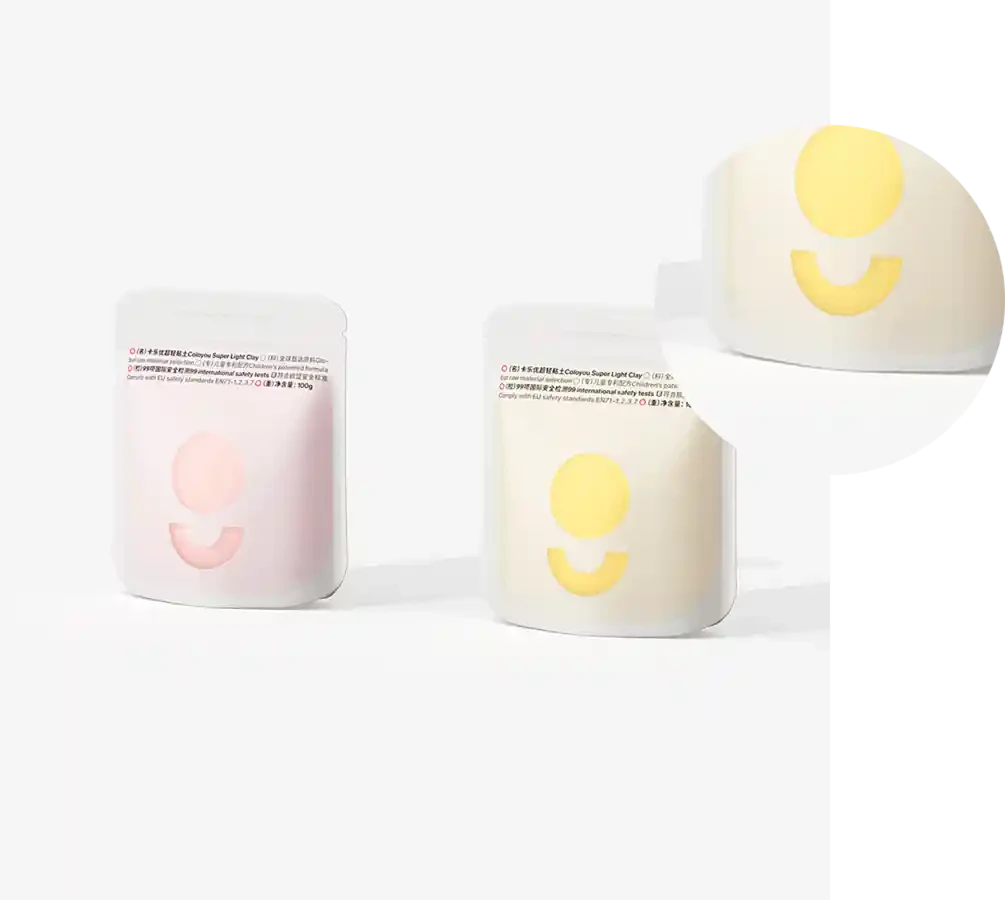- Afrikaans
- Albanian
- Amharic
- Arabic
- Armenian
- Azerbaijani
- Basque
- Belarusian
- Bengali
- Bosnian
- Bulgarian
- Catalan
- Cebuano
- chinese_simplified
- chinese_traditional
- Corsican
- Croatian
- Czech
- Danish
- Dutch
- English
- Esperanto
- Estonian
- Finnish
- French
- Frisian
- Galician
- Georgian
- German
- Greek
- Gujarati
- haitian_creole
- hausa
- hawaiian
- Hebrew
- Hindi
- Miao
- Hungarian
- Icelandic
- igbo
- Indonesian
- irish
- Italian
- Japanese
- Javanese
- Kannada
- kazakh
- Khmer
- Rwandese
- Korean
- Kurdish
- Kyrgyz
- Lao
- Latin
- Latvian
- Lithuanian
- Luxembourgish
- Macedonian
- Malgashi
- Malay
- Malayalam
- Maltese
- Maori
- Marathi
- Mongolian
- Myanmar
- Nepali
- Norwegian
- Norwegian
- Occitan
- Pashto
- Persian
- Polish
- Portuguese
- Punjabi
- Romanian
- Russian
- Samoan
- scottish-gaelic
- Serbian
- Sesotho
- Shona
- Sindhi
- Sinhala
- Slovak
- Slovenian
- Somali
- Spanish
- Sundanese
- Swahili
- Swedish
- Tagalog
- Tajik
- Tamil
- Tatar
- Telugu
- Thai
- Turkish
- Turkmen
- Ukrainian
- Urdu
- Uighur
- Uzbek
- Vietnamese
- Welsh
- Bantu
- Yiddish
- Yoruba
- Zulu
humidity regulator
The Importance of Humidity Regulators Enhancing Comfort and Health
Humidity refers to the amount of water vapor present in the air. It plays a crucial role in our daily lives, influencing our comfort, health, and even the integrity of our homes and belongings. However, achieving the right humidity level can often be challenging, particularly in areas experiencing extreme seasonal variations. This is where humidity regulators come into play, providing solutions to control and maintain optimal humidity levels indoors.
Understanding Humidity Levels
The ideal indoor humidity level is typically between 30% and 50%. When humidity levels fall below this range, air can become overly dry, leading to discomfort such as dry skin, irritated sinuses, and increased susceptibility to colds and flu. Conversely, excessive humidity can foster an environment conducive to mold growth, dust mites, and other allergens, posing health risks to occupants. Therefore, maintaining an ideal humidity level is essential not only for comfort but also for promoting a healthy living environment.
What is a Humidity Regulator?
A humidity regulator is a device designed to monitor and control the moisture levels in the air. These can be various types of equipment, including dehumidifiers, humidifiers, and advanced HVAC systems equipped with humidity sensors. By actively maintaining the humidity within the recommended range, these devices contribute to overall comfort and well-being.
Types of Humidity Regulators
1. Humidifiers These devices are used to add moisture to the air, making them particularly useful in dry climates or during winter months when indoor heating can reduce humidity levels. Humidifiers come in different types, including cool and warm mist models, and some are designed to cover large areas, while others are suitable for small rooms.
humidity regulator

2. Dehumidifiers On the other hand, dehumidifiers draw excess moisture from the air, making them the go-to solution for damp spaces such as basements or areas with high humidity. By reducing humidity levels, these devices can prevent mold growth and minimize allergens, thereby improving indoor air quality.
3. HVAC Systems with Humidity Control Modern heating, ventilation, and air conditioning systems often come with built-in humidity control features. These systems can automatically adjust moisture levels based on ambient conditions, ensuring a balanced indoor environment without requiring manual intervention.
Benefits of Using Humidity Regulators
Integrating humidity regulators into your living environment comes with numerous benefits. Firstly, they enhance comfort. Maintaining optimal humidity levels ensures that indoor temperatures feel stable, allowing for a more pleasant living space. For instance, in overly dry conditions, heated air can feel colder than it is, leading to increased heating costs. Conversely, high humidity can make warm temperatures feel oppressive.
Secondly, humidity regulators have significant health benefits. By controlling humidity levels, they mitigate the risk of respiratory issues, allergies, and skin irritations. Many individuals with asthma or allergies find relief in properly humidified environments, where potential triggers like dust mites and mold are minimized.
Additionally, humidity regulators protect your home and belongings. High levels of moisture can lead to structural damage, peeling paint, and wood rot, while low humidity can cause wooden furniture to crack and delicate items, such as musical instruments, to become damaged. By preserving an optimal humidity range, these devices help maintain the integrity of your home and its contents.
Conclusion
In conclusion, humidity regulators are essential tools for modern living environments. They not only promote comfort and health but also protect our homes and possessions. As we become more aware of the significance of indoor air quality, the role of humidity regulators continues to gain importance. Whether you opt for a humidifier, dehumidifier, or an advanced HVAC system, investing in humidity regulation can lead to a healthier, more comfortable lifestyle. As we navigate the challenges of varying weather patterns and indoor climates, let’s prioritize the regulation of humidity for the betterment of our well-being and our environments.













